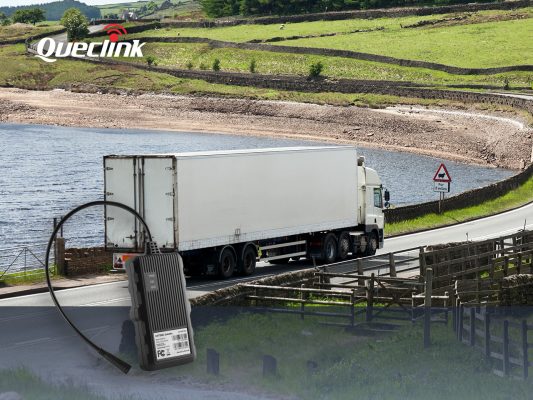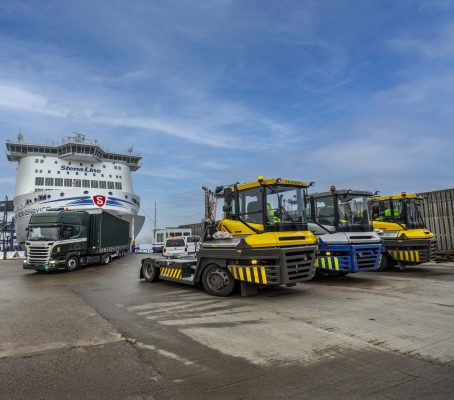The road transport industry in the UK is fighting back against cargo criminals with the launch of ground-breaking Cargo and Road Transport (CART) Security Guide.

The guide was formally launched at the recent DIPS Conference held at Hampden Park, Glasgow on 18th April. Written in collaboration with some of the industry’s best known and well respected organisations, the publication has been created to provide a greater insight into the security risks posed to road haulage companies and potential solutions that can be adopted. The ‘CART’ Security Guide aims to raise awareness and offer guidance in a bid to fill the ever-widening void.
In order to ensure comprehensive representation across the board a dedicated working group was formed. Members included; DIPS (Distribution Industry Partnership Scotland), the RHA (Road Haulage Association), DHL, RSA (Royal Sun Alliance) Insurance Group, Motorway Buddy, Maple Fleet Services and NaVCIS (National Vehicle Crime Intelligence Service) each member of the group provided insight and professional opinion drawn from their vast experience within their respective market sector.
Taking almost two years from project conception to publication, the resource includes sixteen chapters discussing cargo crime and the specific associated threats that operators face on a daily basis. Topics include Cargo Theft and Security Solutions, Hijacking, The Romanian MO and the Migrant Threat plus many more.
Presented in A4 full colour gloss format, the 104 page publication will be available free of charge to any parties interested in learning more about the security risks and vulnerabilities associated with the road haulage sector. Copies of the CART Security Guide will be available at the upcoming CV Show during 25-27 April with both the RHA and Maple Fleet Services providing limited copies for delegates.
Speaking on behalf of the group involved in the development and publication of the guide, Stewart Hurry, the DIPS Project Manager commented;
“In addition to being created to act as a central reference point for those who’s specific responsibility is commercial vehicle and supply chain security, the guide will allow everyone associated with companies involved in the haulage industry to increase their knowledge in respect of what precautions should be taken and how to minimise risks. Knowing the risks and the methods employed by criminals will allow individuals to make better informed decisions on the security equipment to be employed and the policies and procedures that should be implemented”.
The guide is a unique publication which, as well as providing guidance to companies, provides sources to obtain the additional help they may need. The organisations involved in the development of the guide are also available to provide expertise in their respective fields if and when companies require specialist advice.



